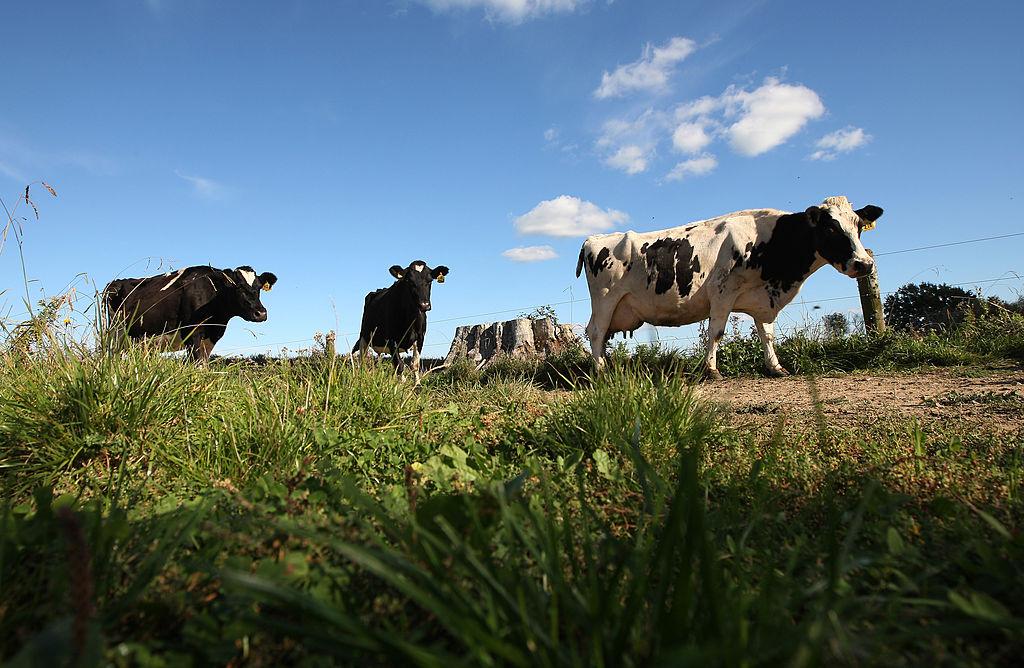The last consignment of New Zealand’s livestock departed the port of New Plymouth on Friday as the government’s ban on livestock exports by sea went into effect for animal welfare reasons.
Minister of Agriculture Damien O'Connor said that New Zealand’s exports of live animals by sea had ceased after a two-year transition period ended.





